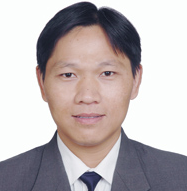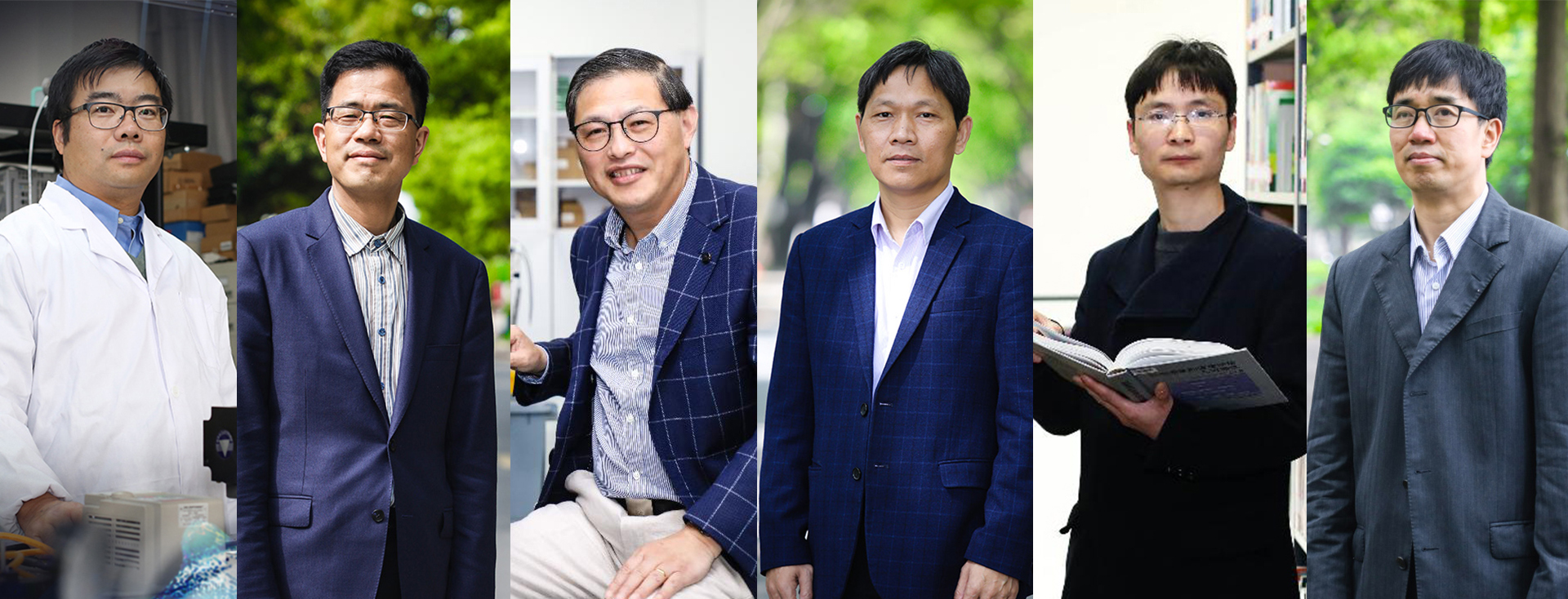Presently, Elsevier released the list of Highly Cited Chinese Researchers in 2021. Professor Wei Guoliang of USST-BAS was recognized in the discipline Control Science and Engineering. Highly Cited Researcher evaluate a scholar by the number of cited publications for which the scholar was either the first author or the corresponding author. The title is at the top level among all Chinese (mainland) researchers in the selected discipline, indicating that this scholar has world-class influence in his field, and his achievements have made outstanding contributions to the field. We interviewed Professor Wei Guoliang to learn about his research experience, academic strength, educational concept and academic persistence.
Professor Wei Guoliang is a doctoral supervisor, distinguished professor and Shanghai Oriental Scholar. He was also a world-known highly cited scientist in Clarivate ESI in 2019 and 2020. He is mainly engaged in the areas of machine vision, artificial intelligence, image processing, complex system optimization and control.

He has won scholarship of Leverhulme trust of UK, scholarship of Humboldt of Germany, and has been granted the New Century Excellent Talent Program of the Ministry of Education and Shanghai Pujiang Talent Program. He has served as associate editor or editor in four international SCI journals such as Neurocomputing and Journal of Applied Mathematics. He was a member of the Professional Committee of Intelligent IOT System Modeling and Simulation of China System Simulation Society, the director of Shanghai Automation Society, and a member of many professional committees such as Control Theory of China Automation Society.
He has been the Principal Investigator of more than 10 vertical projects including National Nature Funds and give enterprise projects. He won third prize of Shanghai Natural Science. He has published more than 150 papers among which more than 110 were published on SCI journals.
Professor Wei on scientific experience
After graduating from Donghua University majoring in Control Science and Engineering in 2009, I worked as a visiting scholar in the Department of Computer of Brunel University in UK. From 2010 to 2011, I worked as a post-doctor in the Institute of Complex Systems of Duisburg Essen University in Germany. Working as a doctoral postgraduate and post-doctor overseas, I conducted long-term and profound research and exploration in the frontier of complex systems in the guidance of supervisors. Especially during my stay in Hong Kong, Britain and Germany, I had in-depth exchanges and cooperation with world-known professors in complex systems. These experiences have been very helpful to my research. After joining USST, I received strong support from the university, School of Optical-Electrical and Computer Engineering, and College of Science. I established my own research team and greatly promoted scientific research. The young teachers in the original team have grown into professors, doctoral supervisors and excellent research teams. Now they have their own team. Last year I joined USST-BS, specifically the Department of Systems Science. With the strong support of USST-BS, I begun to establish a new team. From September this year, I will supervise graduate students majoring in System Science and Engineering. I believe that I can establish a stable team in the new working environment within a short time, keep producing new research results and contributing to the development of the school and the department.
Professor Wei on student training
At present, the two-way selection mechanism implemented by the university is very beneficial to students and supervisors. Students choose their supervisors and research directions, which promotes students' enthusiasm. Supervisors with graduate students who like their own directions are also more handy. In terms of student training, I prefer to teach students in accordance with their aptitude and give them guidance. I will establish topics in combination with students' interests and basic knowledge to stimulate their research passion. Only when students are interested in their own research topics can they have motivation, conduct in-depth research in a down-to-earth manner and produce high-quality results.
Professor Wei on suggestions and encouragement to students
Our field is a promising field. The intersection of control science, system science and mathematics can solve the key problems in both science and technology. For students who want to pursue their career in this field, they should first find their own interest. If they are interested, they will have motivation and be willing to work hard. Team and atmosphere are also very important. Students should communicate with our supervisors and classmates to expand our ideas and improve our learning motivation. There is also the need to be down-to-earth, make more and continuous efforts. Even if you are interested, you can't go on the road of scientific research without efforts.

Translator: XIAO Yuewen
Reviewer: ZHOU Huijun


